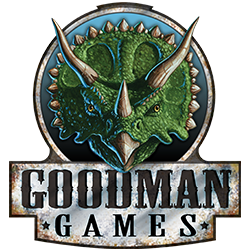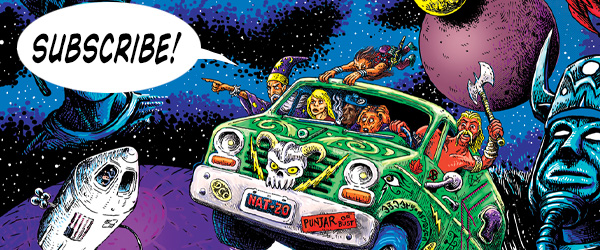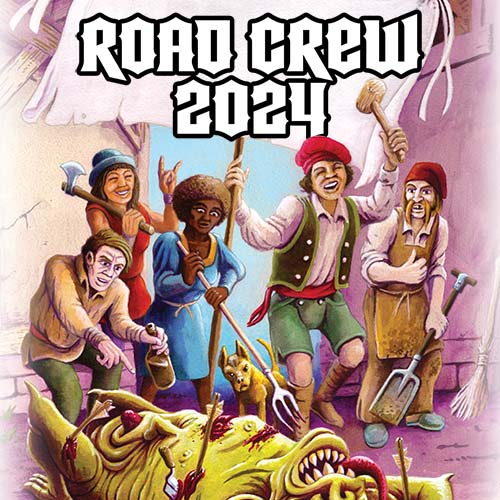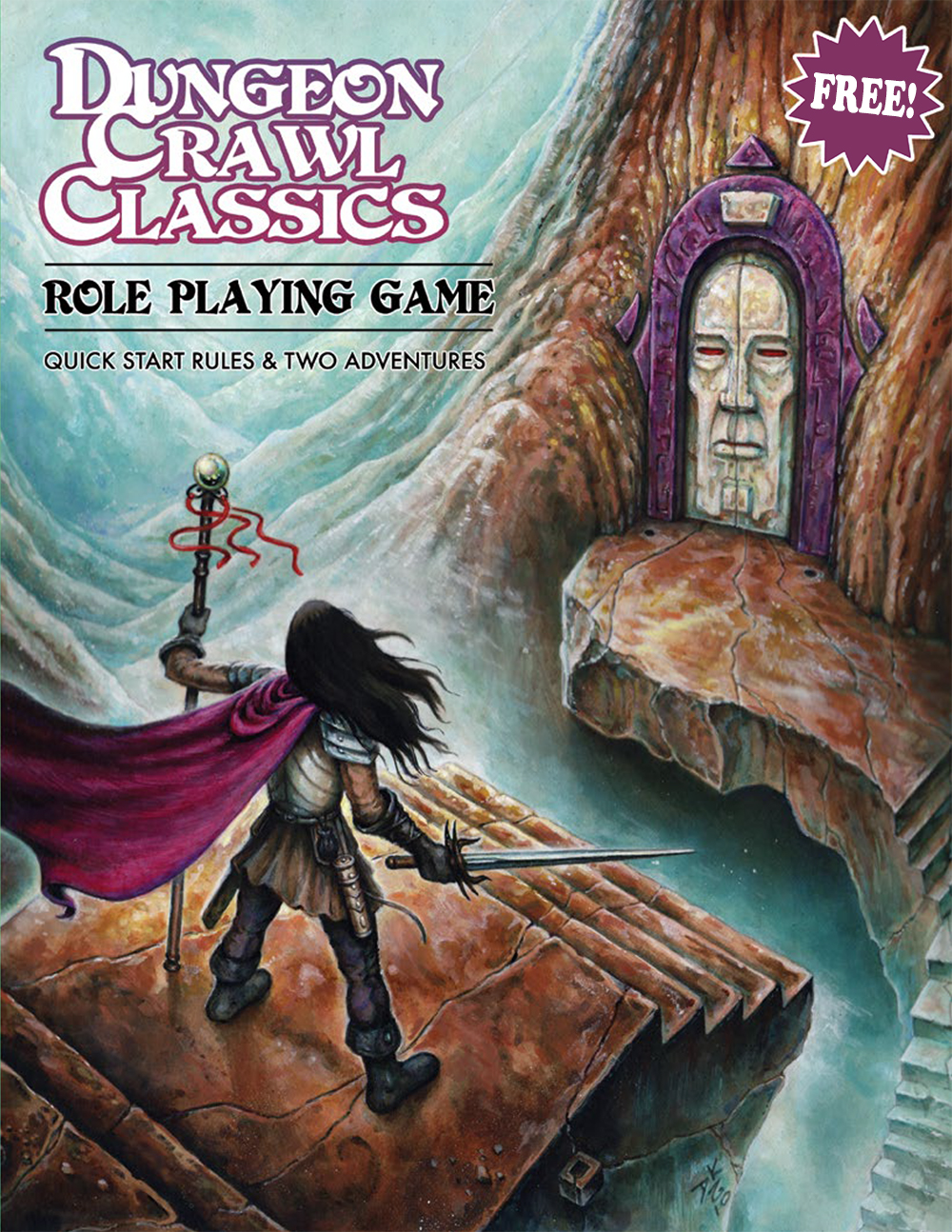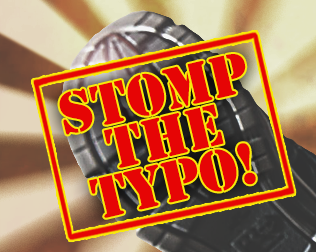A Daisy Crossed With a Razor: Tanith Lee’s Cyrion
by Bill Ward
“A young man, tall and slender, with much of the lynx and the panther about him, a face like that of the Fiend at his most irresistibly prepossessing, long-lidded eyes like half-sheathed blades…”
– from “Cyrion in Stone”
Neither hulking powerhouse nor doomed cursling nor irrepressible rogue – Tanith Lee’s Cyrion is less archetype than he is cipher, less adventurer than he is perfectly fitting puzzle piece in Lee’s series of sword-and-sorcery inflected dark fantasy romances. And by romance I’m not speaking of the modern, bodice-ripping definition of the term – though, Lee being Lee, love, longing, and lust are as familiar a component of her fantasy as bloody blades or clinking coins are to other exemplars of the field – but the classic, medieval meaning of the term: a story in which heroism and poetry are fused, in which adventure itself is both beautiful and mysterious and unburdened by the mundane. Cyrion is such a romantic hero.
And, hero he is. In the eight stories contained in Cyrion (1982), our protagonist-cipher is shown to move in mysterious ways. Despite his aloofness and cynicism, Cyrion, “hybrid of Heaven and the Pit,” performs selfless, heroic acts almost as a byproduct of his own disinterest. “[H]andsome as the Arch-Demon himself,” tall, elegant, effete, Cyrion possess a sinister silver-haired beauty and deadly sword-arm. He is repeatedly framed in dichotomous terms, divine and damned, his face that of an angel, “though whether of the heavenly variety or one of the descended sort. It was somehow hard to be sure.”
While it is, indeed, hard to be sure of Cyrion’s motives, his results are unambiguous. While some of his adventures are pure matters of survival, quite often he is risking his life simply to see the right thing be done. In much of the manner of Sherlock Holmes taking cases that interest him rather than those that pay well, Cyrion entangles himself in affairs that suit his sense of . . . fair play? Dramatic irony? Cosmic justice? He doesn’t really say, and it doesn’t really matter, for he is but one element in a series of lush, surprising, confident tales that manage to do the unexpected with sword-and-sorcery in a way that elevates and enhances the genre.
Comparison with Sherlock Holmes is no accident, in addition to a rather casual brilliance and propensity to solve mysteries, Cyrion is an absolute master of disguise, something that features in nearly every story in the collection. Here Lee demonstrates why her protagonist is kept at a narrative distance – because, again and again, the audience is never quite sure if that old man in rags or that prosperous middle-aged witch-woman are as they appear, or if they are the elaborate pantomime of a slender, silver-haired, trickster. This is accomplished to surprising effect in more than one story, in which multiple identities are in doubt, and the intricate artifice of the various players mirrors Lee’s own impressive balancing act with a limited omniscient narrative.
As befits a collection of clever stories about a clever hero, Lee’s framing mechanism for Cyrion is itself worthy of admiration. Established in the prologue and continued in a series of ‘interlogues’ between each of the stories, Lee presents us with a hapless scion of a noble house, Roliant, who is desperately searching for Cyrion to help him in a matter of black magic and a badly arranged marriage. As he queries one guest after the other in the inn of The Honey Garden, each in turn presents a different tale of Cyrion. With each short story thus related, Cyrion’s mythic status grows, as does his reputation for mimicry, stealth, and cunning – Rolaint comes to suspect nearly everyone he sees in the common room of the inn as being Cyrion in disguise, and the reader, too, is gently steered into several wrong directions in this respect. After seven fairly short, concise tales, Roliant does find and enlist Cyrion’s aid, the result of which is the short novel that culminates the collection, “Cyrion in Stone.”
“To predict the conclusions of an oblique mind, and the deeds which proceed them, is sometimes less difficult than to judge the course of the simply rational.” Or, sometimes not! I’ve said little about the actual plots of the various stories in Cyrion because many of them rely on allowing Lee the space to surprise the audience and lead them in unexpected directions. It wouldn’t do to reveal the clever double-reverse at the heart of “Cyrion in Wax,” when Cyrion is cursed to die by a sorcerous dollmaker, nor the trick to stave off the deadly effects of a ring called Farewell in “Perfidious Amber,” nor especially the murder at the ghostly heart of “One Night of the Year.” Tonally coherent throughout, the tales do vary in terms of type and plot, but lovers of old school sword-and-sorcery will enjoy the inversion of the cliché at the heart of “A Hero at the Gates,” and applaud the cross and double-cross deception climaxing in a (supposedly) blind Cyrion engaging in a sword duel with a demon-possessed desert chieftain in “A Lynx With Lions.”
Lee’s setting is a ‘low fantasy’ alternate Outremar dubbed Heruzala, and she drops tantalizing hints about the parallel nature of her world with ours – such as her analog for Romans taking their name from Remus, rather than Romulus, or the prophet Hesuf almost losing his life to crucifixion. This is done in Robert E. Howard style to quickly sketch a comprehensible world for the reader; Cyrion’s own background, for instance, as a Westerner raised by Nomad tribes is easily parsed through reference to the history of the Crusades. But I think, even more importantly to these kinds of stories, this paralleling allows Lee to infuse her narrative with a more resonantly supernatural gothic element – while Howard’s touchstones were history and geography, Lee also presents cognates of myth and religion to lend her sword-and-sorcery a cosmology more similar to the Western tradition.
Ultimately, setting and tone are just one more tool from Lee’s carefully-deployed bag of tricks, and the stories in Cyrion are a series of well-honed adventures in a darkly romantic vein. From the ripe prose, bejeweled setting, and compelling-yet-distant protagonist, to the identity games, weird magic, and occasional flashes of curved steel, Cyrion is a remarkable collection of fantasy short fiction from an artist with an abundantly broad palette dabbed by an elegantly fine brush.
